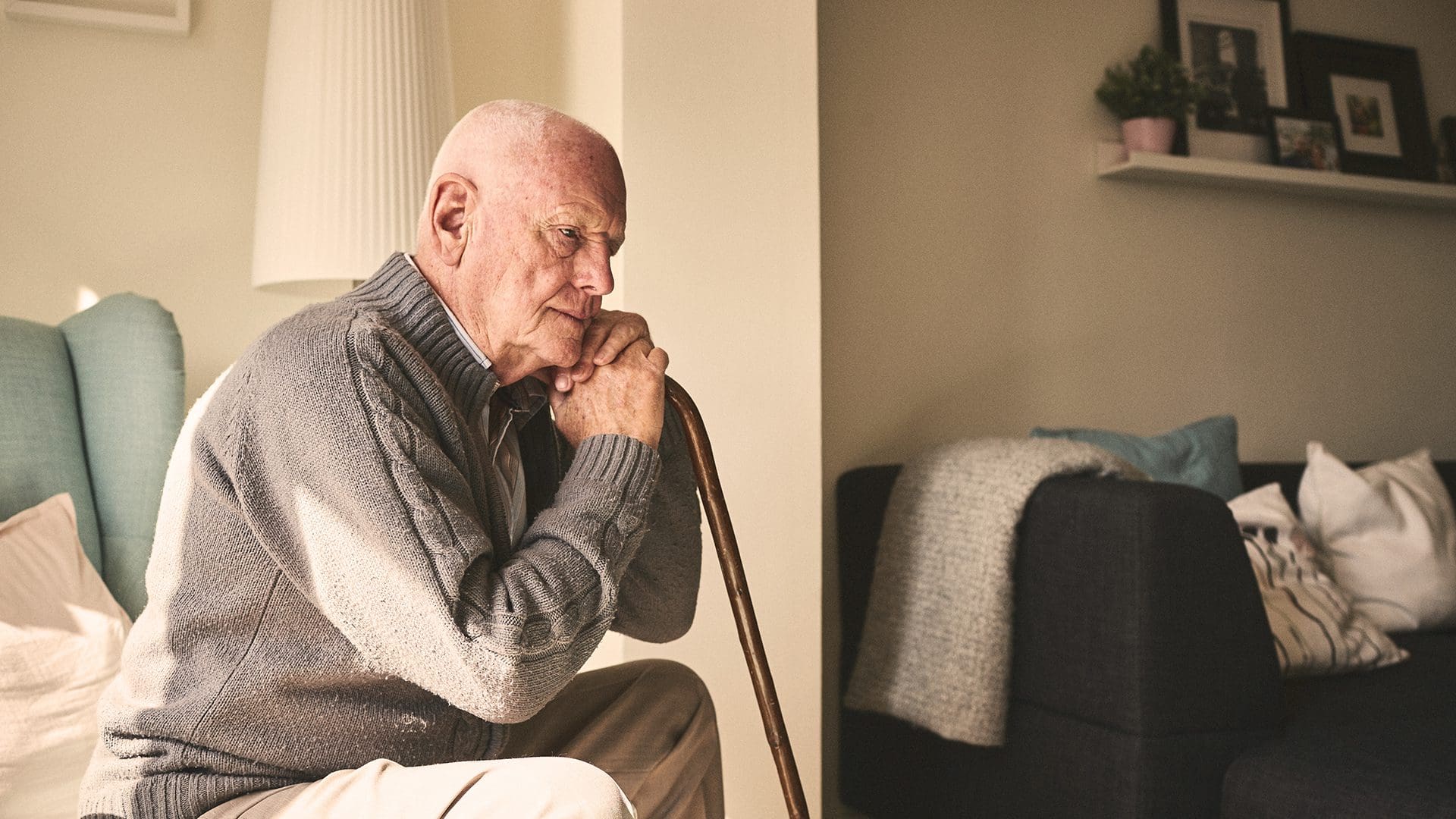While sundowning behavior is completely normal for people with dementia to exhibit, it can be quite alarming for loved ones who provide daily care. At Charter Senior Living, our Memory Care team is specially trained in working with individuals and their families throughout every stage of dementia.
Whether it’s Alzheimer’s disease or another form of dementia, we have a great depth of knowledge and experience with sundowners syndrome and understand how challenging this behavior can be. Learn more about sundowning, its most common symptoms, and caregiving tips to ease your daily routine below.
What is sundowning?
As defined by Cleveland Clinic, “Sundowning is the name for a group of behaviors, feelings, and thoughts people who have Alzheimer’s or dementia can experience as the sun sets.”
While sundowning behaviors typically begin or worsen around sunset/sundown (hence the name), they can also occur at any other time throughout the day. The exact cause of sundowners syndrome is unknown, but it’s important to remember that this is not, in fact, a disease – it is the name for a group of symptoms most commonly experienced during a specific time of the day (Mayo Clinic).
What are the symptoms of sundowning?
Sundowning further affects someone with dementia’s memory, personality, reasoning, and mood. The individual experiencing sundowning may begin to show these side effects during the late afternoon or early evening:
- Crying
- Sleep disturbances
- Agitation
- Pacing
- Violence
- Yelling
- Increased confusion
- Delusions
- Fear
- Paranoia
When caring for a loved one at home, it’s important to note the signs of sundowning and at what time of day they’re occurring. Understanding how an individual with dementia behaves will get you on the right track to managing these symptoms.
Caregiving tips for sundowners syndrome
There isn’t one surefire way to prevent sundowning from happening, but there are several ways to prevent it from worsening. In order to do so, you must first recognize the potential contributing factors to sundowning around the individual.
Mayo Clinic shares these factors that may aggravate late-day confusion and behavior:
- Dim lighting
- Disruption of the person’s body clock (taking more or fewer naps or experiencing sleep problems throughout the night)
- Inactivity
- Dehydration
- Increased shadows
- Spending time in an unfamiliar environment or with unfamiliar people
By limiting the factors above, you’re creating a more comfortable and safe atmosphere for your loved one. Here are some additional tips for reducing the symptoms of sundowning:
- Try your best to stick to a daily routine with sleep, meals, and activities.
- Plan any outings, appointments, or activities earlier in the day.
- Limit caffeine.
- Limit daytime napping.
- Reduce background noise as much as possible, like the TV or radio.
- Foster an environment of relaxation, whether it’s with soothing music, physical touch, or simple, creative activities.
If sundowning seems to be worsening even after following the above recommendations, the next step is to consult with your loved one’s physician. Mild doses of certain medications can reduce sundowning behaviors, but only if first approved by their doctor.
Discover innovative Memory Care for your loved one at Charter
The responsibility of caring for someone with dementia can be overwhelming. When you’re in need of a break or you’ve reached the point where your loved one needs additional care, turn to a Charter Senior Living Memory Care community for support. We provide Respite Care, or Short-Term Stays, for those seeking a temporary solution for the challenges of at-home care, as well as FlourishSM Memory Care programming.
Schedule a personal tour of a local Charter Senior Living community today, and feel the difference of how your loved one will benefit from an innovative and personalized Memory Care lifestyle.



